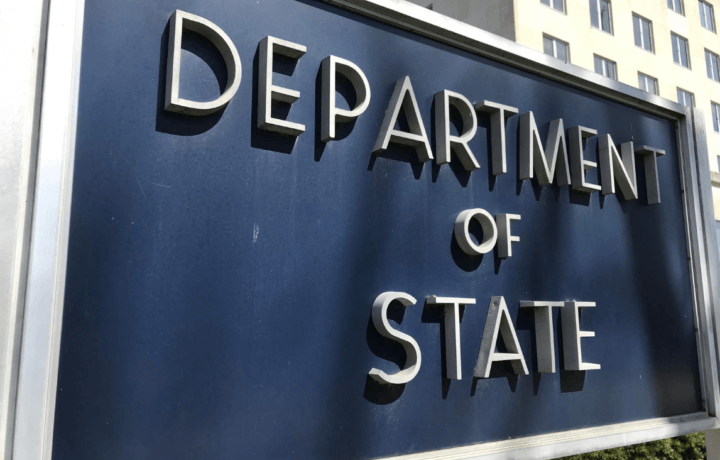A 40-year old foreign service officer who served in overseas locations from China to Pakistan was indicted last week for concealing information on the SF-86. The indictment makes it clear the ability to maintain a security clearance is the least of this official’s problems – he withheld information about a sexual relationship with a Chinese national, gambling debts, and a $225,000 “loan” from two Chinese nationals – who provided $45,000 of that amount in $100 bills.
The Department of Justice release is light on the details, but it’s clear Paul Michael Guertin has greater problems than simply lying on his SF-86. The indictment doesn’t shed light into what led Guertin to lie to the government – it appears at a minimum that Guertin was at the center of a honeypot scheme, having a sexual relationship with a Chinese national whose visa application he adjudicated as a consulate in Shanghai. This isn’t uncommon – the bar of proving espionage and that someone was deliberately seeking to harm U.S. national interests can be a difficult hurdle for the government. Every security clearance applicant, in contrast, is easily on the hook for any information that should be disclosed on the SF-86 and isn’t.
Lying on the SF-86 Can Result in Criminal Charges
Cover the security clearance process for any amount of time, and it’s clear most people fail to understand both the gravity and the significance of the form they’re filling out. The focus is often on the difficulty of unpacking all of the details required, from prior employers to many years of addresses. But at the end of the form, applicants should also understand that when they’re signing on the dotted line, they are also putting themselves up for a felony if they’re found to have falsified any information:
The U.S. Criminal Code (title 18, section 1001) provides that knowingly falsifying or concealing a material fact is a felony which may result in fines and/or up to five (5)years imprisonment. In addition, Federal agencies generally fire, do not grant a security clearance, or disqualify individuals who have materially and deliberately falsified these forms, and this remains a part of the permanent record for future placements. Your prospects of placement or security clearance are better if you answer all questions truthfully and completely. You will have adequate opportunity to explain any information you provide on this form and to make your comments part of the record.
Lying on the SF-86 is more than an integrity issue – it’s a criminal conduct issue. This isn’t the first instance of the government prosecuting an individual for withholding information that should have been disclosed. Last year a federal judge sentenced a Pennsylvania man to six months in prison for not disclosing on his SF-86 that he was heavily involved with a white nationalist group and had six different aliases. The man surprisingly did not have a criminal record – which shows that criminal conduct is not necessarily a requirement for an individual to be prosecuted for issues that come up in a background investigation. Regardless of whether or not you think the information is an issue, or is criminal in nature, if the SF-86 asks a question, and you fail to answer it honestly – you could face serious fines or jail time.




